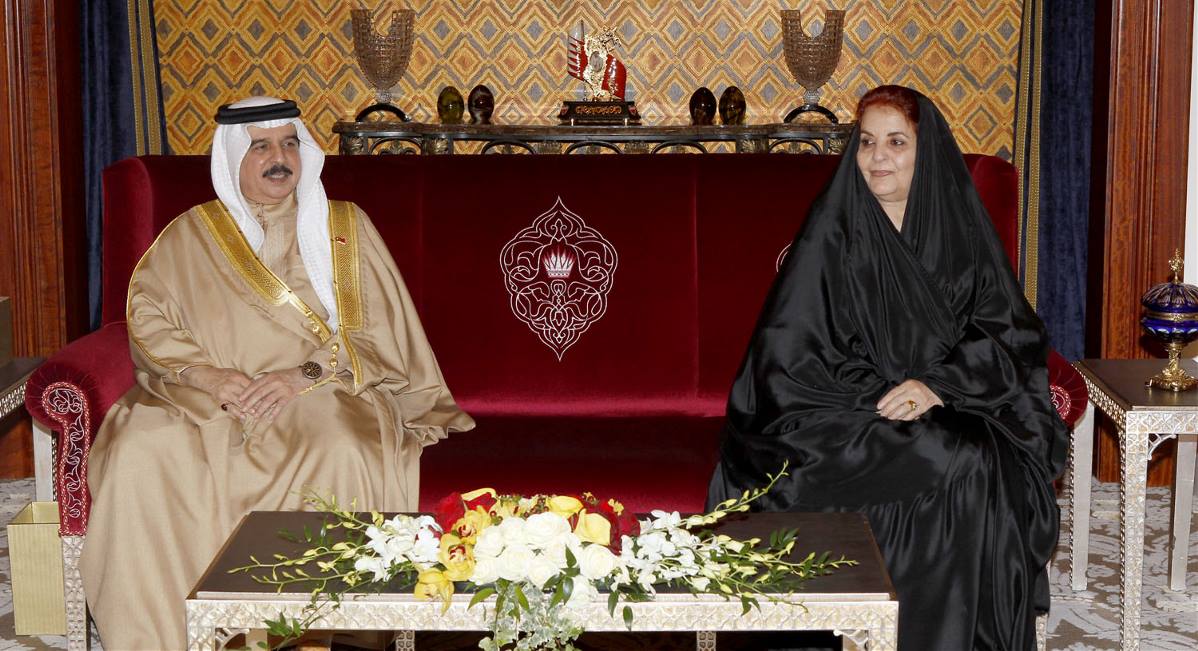SCW releases updated edition of Bahraini Women in the Reign of HM King Hamad

The Supreme Council for Women (SCW) has released a new edition of "Bahraini Women in the Reign of HM King Hamad", a 208-page book documenting the progress of Bahraini women’s rights, status, and contributions under the leadership of His Majesty King Hamad bin Isa Al Khalifa. The book traces the development of women's participation in public life, particularly in education, employment, healthcare, business, and social affairs, and highlights the legislative and institutional reforms that have strengthened their role in society.
The publication emphasises the National Action Charter’s role in securing women’s rights and laying the foundation for legal and policy advancements that promote gender equality, personal freedoms, and women’s participation in economic, social, and political spheres. It also ensures the right to establish civil, professional, and political associations. The Bahraini Constitution, issued on February 14, 2002, dedicates an entire section (Chapter III) to fundamental rights, reinforcing gender equality and protecting civil liberties. Article 5 explicitly guarantees equality between men and women, provided it aligns with Islamic principles, and mandates state support for women’s rights through legislation.
The book highlights that in the February 2001 referendum on the National Action Charter, 98.4% of eligible voters approved the charter, with women constituting 49% of the total voters, marking a historic milestone for female political participation. It also notes that six women were among the 46 members of the National Commission responsible for drafting the charter, ensuring its provisions supported civil and political rights and reinforcing gender equality as a core principle.
The book outlines several key legal guarantees provided by the National Action Charter and the Constitution, ensuring equal rights and duties for all citizens regardless of gender, origin, religion, or language. It affirms the right to personal freedoms, including freedom of expression, assembly, and association, as well as the right to participate in political life, such as voting, running for office, and engaging in political activities. Women are granted the right to form and join civil, cultural, and professional associations, enhancing their social and economic participation. The legal framework also guarantees the right to work and equal employment opportunities, with protection against discrimination, alongside the right to education at all levels, ensuring access to knowledge and professional development.
Additionally, women’s right to healthcare and social welfare, including maternal health and family well-being, is safeguarded, as is their right to property ownership and business engagement, allowing them to contribute to economic growth. Furthermore, the Constitution guarantees the right to legal protection and fair trial, ensuring justice and safeguards against discrimination, reinforcing Bahrain’s commitment to upholding gender equality and empowering women across all sectors.
The SCW’s institutional role in advancing women's rights is explored in detail. Established by Royal Decree (44) of 2001, the council has played an important role in shaping policies, monitoring women's progress, and ensuring their full integration into national development. The book outlines key achievements under the National Plan for the Advancement of Bahraini Women, detailing legislative reforms and policy advancements that have led to increased female representation in leadership positions and greater participation across various sectors.
Bahrain’s international engagement in women’s empowerment is also examined, showcasing its role in regional and global partnerships. The book highlights Bahrain’s commitment to modernising laws and policies to support women’s development while maintaining social stability. It also notes the country’s participation in international conventions, such as the Convention on the Elimination of All Forms of Discrimination Against Women (CEDAW) and its alignment with United Nations Sustainable Development Goals (SDGs), particularly Goal 5 on gender equality.
Through this documentation, the SCW aims to preserve the historical trajectory of Bahraini women’s progress and their evolving role in shaping the Kingdom’s socio-economic landscape. The publication highlights Bahrain’s continued commitment to strengthening legal protections, fostering inclusive policies, and ensuring women’s full participation in national development and international cooperation.

